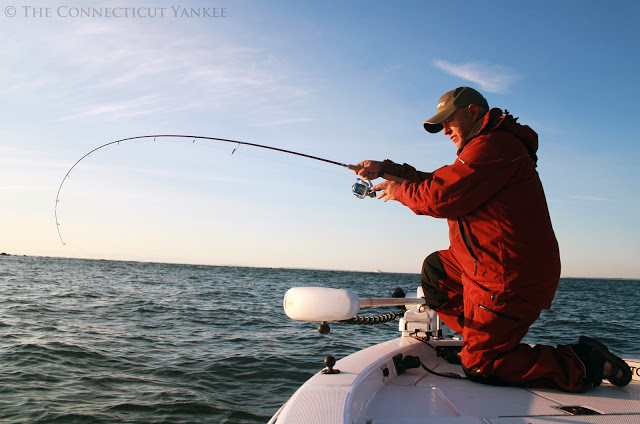Several factors causing major issues in Long Island Sound.
Taxpayers in New York and Connecticut are spending hundreds of millions of dollars on wastewater treatment upgrades to reduce the amount of nitrogen dumped into Long Island Sound and, eventually, to ease the annual summertime drop in dissolved oxygen.
The ultimate goal is a healthy and diverse population of the fish and other marine creatures that make up a robust estuary’s ecosystem.
With that in mind, we went to “Ask Dr. K,” the blog maintained by Dr. Jason Krumholz, an oceanographer who is the National Oceanic and Atmospheric Administration’s liaison to EPA’s Long Island Sound office. This was our question:
“We’ve seen the Connecticut Department of Energy and Environmental Protection’s analysis of how fish biomass falls as hypoxia falls. Are there other ways in which hypoxia has been affecting the abundance of wildlife in Long Island Sound, either short-term or long-term?”
His short answer was simple: “Yes.”

His longer answer is a good explanation of some of the ways humans can affect an ecosystem. We made a bullet-point list of things that struck us:
- the nitrogen being removed from the Sound by the sewage plant upgrades is, of course, a nutrient, which means it’s a food source that fish rely on for growth
- nitrogen reduction will result in a food reduction, which will mean more competition among fish for a limited resource
- that competition might result in fewer fish in the short run
- in the longer run (maybe a decade), the Sound will be a more viable habitat for fish of all kinds…
- …except that climate change is having its own effect
- climate change is the likely reason that cold-water species such as winter flounder and lobster are seemingly being replaced by warm-water species such as blue crab and weakfish
- in some cases in the Sound and beyond, warmer water is chasing out species preferred by commercial fishermen and is allowing species with little commercial value, such as skates and dogfish, to move in
- invasive species such as Asian shore crabs and sea squirts are out-competing native species for food and important habitat
Jason concludes:
“So I guess the answer to your question is yes. There are many ways that hypoxia both directly and indirectly impacts fish populations. Furthermore, many of the drivers of hypoxia (such as nutrient loading and climate change) can also impact fish populations. It can be very difficult to tease apart these impacts from sparse fisheries-independent trawl data … so what we need is to invest more time and effort in collaborative research work with the fishing industry, To try to bring as much information as possible to the table so we can make informed management decisions.”
How can regular people help? Support the state and local spending needed to complete wastewater upgrades. Recognize that it might take 10 years or so to see full results, so be patient. Continue to do little things in your everyday life that will reduce our carbon footprint and support the larger efforts, on a state, regional and national scale, to ease the effects of climate change.
You should read Dr. K’s complete answer. Click here.
— Posted by Tom Andersen, New York Program and Communications Coordinator for Save the Sound

congratulations for the excellent text